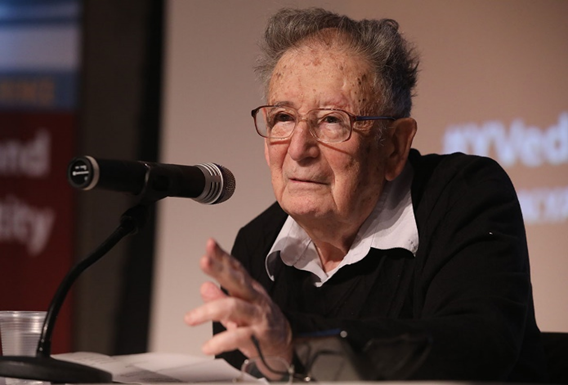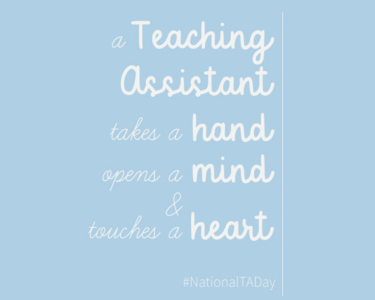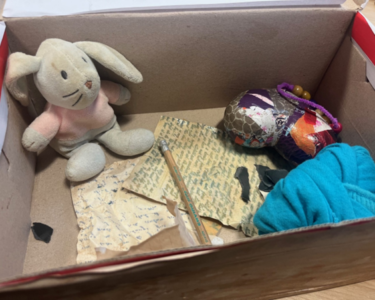Antisemitism – driven by the rise of online conspiracy theories – is regularly witnessed by four in 10 teachers who teach the Holocaust in school, a new national study has found.
The study, by the UCL Centre for Holocaust Education, spoke to or questioned more than 1,200 secondary school teachers from across England who have responsibility for teaching about the Nazi genocide.
The findings, which will be published in a forthcoming research report, should come as a shock on the eve of Holocaust Memorial Day on Friday (27th January).
The report found:
- Nearly 4 in 10 teachers in the study reported encountering antisemitism among their students
- Approximately 1 in 6 teachers (15 per cent) said they encountered students voicing Holocaust denial either ‘occasionally’ or ‘often’
- 74.9 per cent had encountered students who repeated mistruths about the Holocaust that they had read online.
These survey findings were borne out by the experiences of the teachers themselves:
“They are more likely to have heard the phrase ‘Holocaust denial’ now. When I first started teaching that wasn’t the case. It often manifests itself in the questioning of the past – how do we know? Maybe its fake news, perhaps it wasn’t so bad, or the Jews are exaggerating. There are more conspiracy theories these days, so they mention it in relation to that […]” – (secondary school teacher, East Midlands)
“Increasingly we see students asking questions that aren’t ‘outright denial’ which for most is ridiculous, but instead something akin to distortion or minimization – was it really 6 million? They (the Jews) must have done something for the Nazis to hate them, that it was 70+ years ago, why keep on about it? A student has said ‘people only go on about the Holocaust so they can keep saying Israel is legit’, so I have seen a conflation of Palestine/Israel and the Holocaust arise” – (secondary school teacher, North West)
“But this has been a recent thing, when I first started teaching it was hardly mentioned, even laughed at by students – it was as if they couldn’t conceive of anyone denying the evidence and survivors. It seems to be since the fake news era and experts being challenged that a few students take on conspiracy theories or ideas” (secondary school teacher, South West)
“I have had students say to me that the Holocaust didn’t happen. So that concern about what they are hearing at home. I’m not even sure it’s at home. I think it’s stuff on the internet” – (secondary school teacher, London)
The authors of the research have called for more curriculum time to be given over to the teaching of the Holocaust and its contemporary significance in schools – and that teachers are given more time and encouragement to access the high-quality, research-informed training they need to deal with these issues.
Previous research findings have shown how the subject is being squeezed in the Key Stage 3 curriculum. https://holocausteducation.org.uk/research/the-impact-of-pressures-on-the-key-stage-3-curriculum-on-teaching-about-the-holocaust/
Professor Stuart Foster, Executive Director of the UCL Centre for Holocaust Education said: “Our research has repeatedly shown that teachers need time and space to teach this most challenging of subjects carefully and with the confidence that can only be generated by bespoke, research-informed, training.
The rise and rise of online conspiracies and the proliferation of lies about the Holocaust make this even more urgent. Teachers must be given the support they need if they are to counter this malignant trend in the classroom.”
The findings will be imminently published in Continuity and Change: Ten years of teaching and learning about the Holocaust in England’s secondary schools. The study used a mixed method approach and collected extensive survey responses from 1077 teachers who teach about the Holocaust as well as quantitative data from group interviews with 134 teachers from 45 different schools.
More details: Ed Dorrell, 07779 782583



